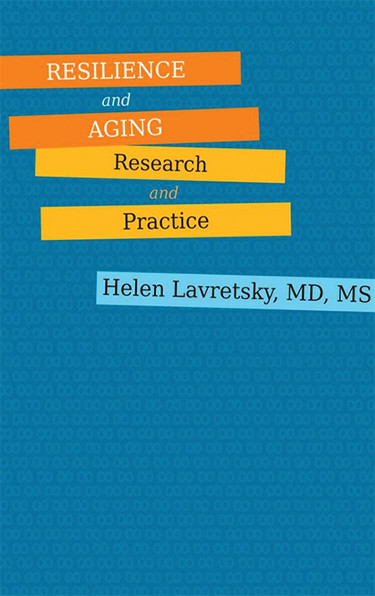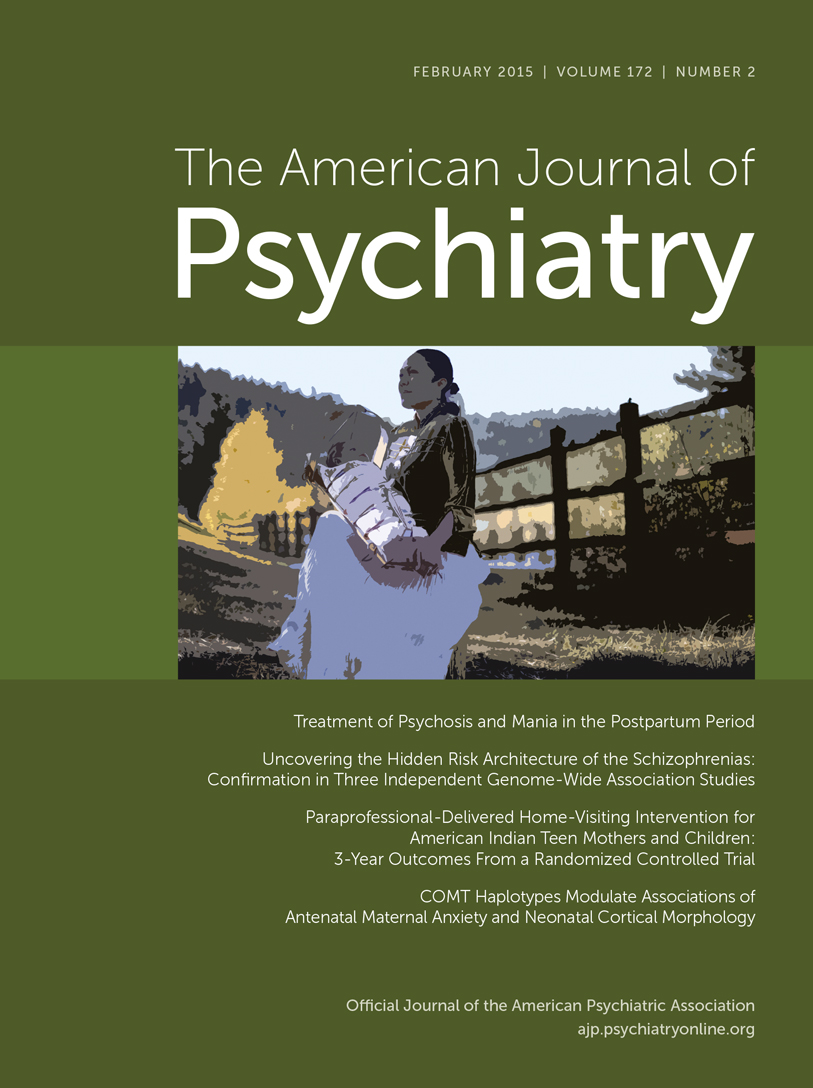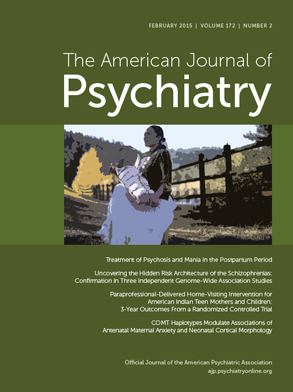Resilience and Aging: Research and Practice is a book that provides a concise history of the research in resilience and the practical application to one who desires to age gracefully. Dr. Lavretsky is a geriatric psychiatrist with expertise in geriatric and caregiver depression, complementary and alternative medicine, and mind-body approaches to the treatment and prevention of cognitive and mood disorders in older adults. Dr. Lavretsky provides an intellectually stimulating journey into the meaning of resilience with aging, the impact of resilience on psychological well-being, cognitive functioning, and resilience-promoting interventions. This book has practical application to clinicians who seek the path of healthy aging for their patients, as well as for the individual who would like to understand some practical methods to enhance his or her own resilience with aging.
While the book has several major lessons for the traveler on life’s path, there are three that should be emphasized. First, the section on volunteering and resilience makes the point clearly that volunteering increases the potential for one to be resilient when faced with adversity and may serve as a coping strategy during recovery from an adversity. Individuals with the fewest personal or social resources may be the most vulnerable in an adverse event. Individuals who are vulnerable to poorer quality of life outcomes normally benefit the most from volunteering. This is an interesting observation made by the author, “Older adults with functional limitations benefited more from volunteering than those who are more functional. Less-educated and lower-income older adults report more benefits from volunteering than their better-educated and higher-income counterparts.” The author notes that volunteering may be an excellent coping intervention that can be utilized in response to an adversity. While not detailed in the book, there is an impressive literature on volunteerism, which clearly documents the benefits to quality of life and longevity.
Second, positive emotions have been strongly associated with greater resilience to stress. Positive emotions attract close relationship bonds, which increase social resources and support. Healthy adaptation is positively associated with the expression of positive emotions. After reading this section, I found myself counting how many of the 10 representative positive emotions that I normally display (joy, gratitude, contentment, interest, hope, pride, amusement, inspiration, awe, and love). Interventions to promote positive emotions or decrease the presence of negative emotions are a reasonable pursuit.
Third, while there is no definitive research to support one interventional pathway over all others, there is sufficient research to indicate that there are many resilience-building interventions that should be considered. Many of the interventions are readily accessible to patients and should be encouraged for resilience building. In addition to the positive emotions, the methods that are the most encouraging are participation in regular exercise, higher religiousness and spirituality, stress reduction, maintenance of secure family and social relationships, and positive reframing.
Resilience and Aging: Research and Practice is a wonderful book that provides the reader with an in-depth understanding of the complexities of resilience in aging and how practitioners can maximize resilience in aging patients. If one only has 1 hour to devote to this book, the chapters on measuring resilience in older adults and resilience-promoting interventions are packed with useful information to share with patients and family members.


